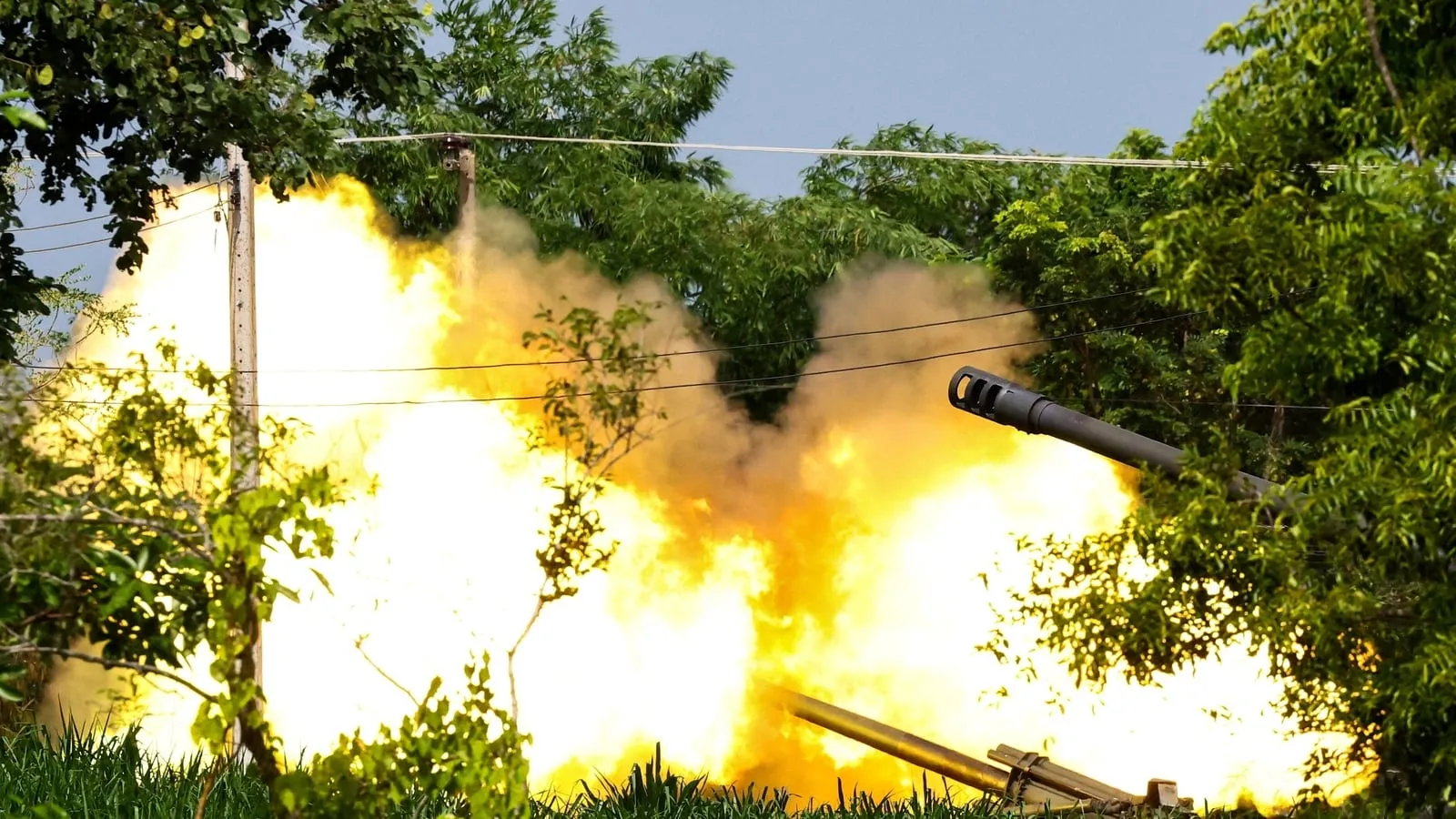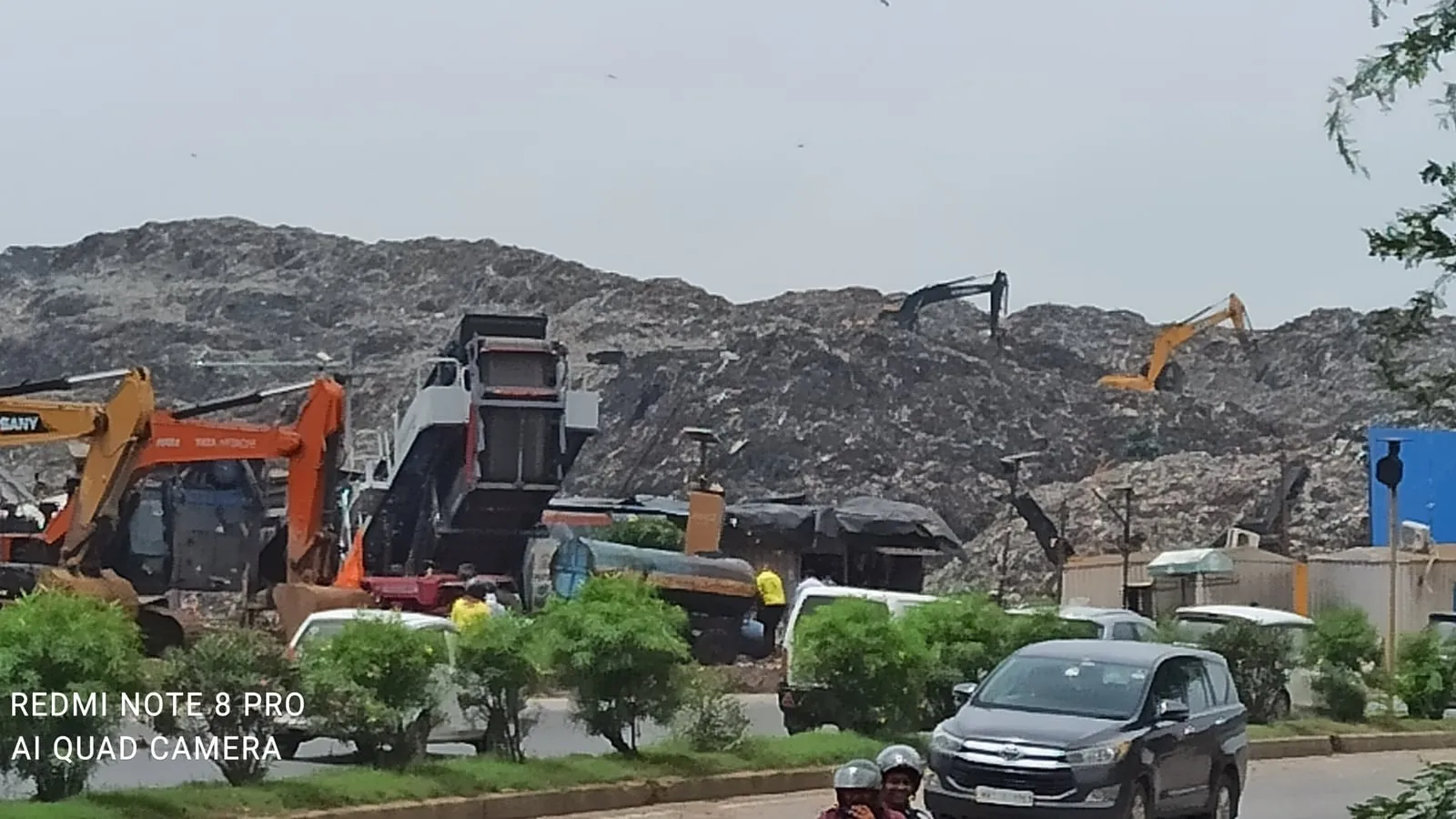Border Tensions Escalate
The Thai-Cambodian border tensions quickly escalated on Wednesday, leading to significant developments.
US State Department Advisory
The Royal Thai Government has ordered a full shutdown of border crossings in both Chanthaburi and Trat provinces. This includes land and maritime routes. Consequently, the State Department advised its citizens against traveling to these areas.
The Ministry of Public Health announced full or partial closure of 11 hospitals within the border region. Meanwhile, the Ministry of Education declared the temporary closure of 751 schools across provinces like Ubon Ratchathani, Sisaket, and others.
American citizens in the affected region are urged to follow directions from Thai security services and seek information from local government authorities.
Intensification of Military Clashes
Both Thai and Cambodian military forces engaged in heavy fire exchanges on Friday, resulting in casualties. The Thai Army reported sustained bombardment by Cambodian forces using heavy weaponry. In response, civilians were advised to steer clear of conflict zones.
The US State Department urged a cessation of hostilities, protection of civilians, and a peaceful resolution to the conflict.
Indian Embassy Travel Advisory
The Indian embassy in Thailand also issued a travel advisory, warning Indian nationals to avoid certain areas near the Thailand-Cambodia border. Travelers were advised to stay updated through official Thai sources, including TAT Newsroom.
The embassy highlighted specific Thai provinces and areas that are not recommended for travel due to the ongoing tensions.
International Response
China’s foreign minister expressed readiness to play a constructive role in de-escalating tensions along the Thai-Cambodian border. ASEAN Secretary-General conveyed distress over the clashes and emphasized the need for a calm and proper resolution.
The root cause of the issue, as per Wang Yi, lies in historical consequences left by Western colonialists.






